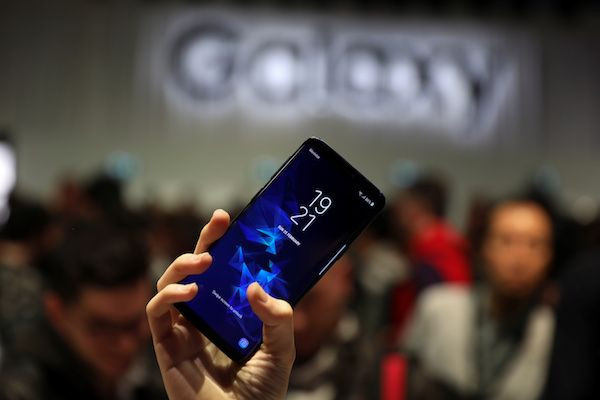Samsung Galaxy S9 Battery Disappoints Compared To LG G6, Huawei P10

Samsung’s successor to last year’s Galaxy S8 has so far failed to make an impressive mark in the market in terms of sales. And now it seems the South Korean tech giant will continue to struggle meeting its sales target for the Galaxy S9 due to a recent revelation about the device’s battery life.
Yonhap learned from industry watchers Monday that many consumers are expressing their discontent over the S9’s battery performance because, apparently, the new flagship offering from Samsung trails behind its rivals in this aspect. As a matter of fact, industry tracker Strategy Analytics has ranked the S9 sixth among the seven premium handsets it checked in terms of battery life.
Based on the conducted study, the Galaxy S9 only ran for 26 hours and 52 minutes. This is undeniably disappointing when compared to the LG G6’s record of 32 hours and 35 minutes. Even Huawei’s P10 crushed the Galaxy S9 after running for 32 hours and 8 minutes. Landing the top spot on the list was Sony’s XZ2, which was documented to have remained on for 36 hours and 1 minute on average use.
The only device that the Galaxy S9 managed to beat in Strategy Analytics’ report was Oppo’s R11, and it was not a notable feat at all considering that the latter only lasted for 16 hours and 36 minutes. In other words, the R11 had a very weak battery on the whole, so it was already expected that the S9 would do better against it.
Early last month, Phone Arena’s test also showed how the Galaxy S9 doesn’t really last as long as its predecessors and its competitors. The technology news site learned after testing the phone that it was only capable of running for 7 hours and 23 minutes. On the other hand, the S8 recorded 8 hours and 22 minutes, while the iPhone X lasted for 8 hours and 41 minutes and the LG V30 managed to churn out 9 hours and 34 minutes of battery life.
Sources believe there are a couple of reasons why Samsung’s Galaxy S9 doesn’t have a stellar battery life. The first one has to do with the fact that Samsung is still refraining from expanding the battery capacity of its flagship handsets after what happened to the Galaxy Note 7. Another reason could be the lack of power-saving algorithms on the phone itself.
"Although the battery's capacity is also important, the phone's optimization algorithm is very crucial. The Galaxy S9 came with various new features, which possibly led to more stand-by power consumption. (Samsung) may have failed to develop power-saving algorithms properly,” an industry insider said.
© Copyright IBTimes 2024. All rights reserved.





















